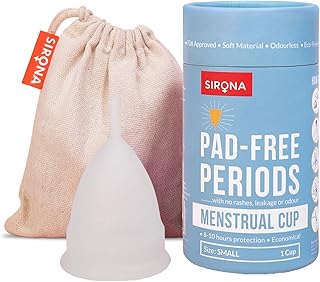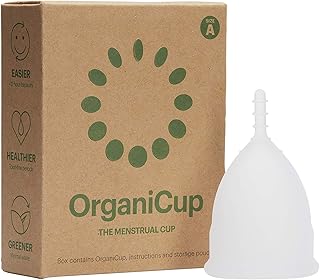Investing in menstrual health and hygiene is a pivotal step towards enhancing the well-being and productivity of women and girls globally. The lack of access to suitable menstrual products and proper knowledge affects millions of individuals, hindering their education and work opportunities. In regions like Sub-Saharan Africa, a significant number of girls miss school during menstruation, leading to a substantial loss in educational progress.
To address these challenges, a paradigm shift is needed in how menstrual health is integrated into policies and programs. The World Bank Group’s Gender Strategy emphasizes the importance of prioritizing investments that empower girls, recognizing their potential contribution to economic growth. By investing in menstrual health, the World Bank aims to support universal health care coverage and reach billions of individuals with essential health services.
Over the years, the World Bank has implemented various menstrual health programs across different sectors, gaining valuable insights into effective strategies. Community-driven approaches have proven successful in promoting sustainable change, involving youth and local communities in project design and implementation. By engaging stakeholders at all levels, initiatives like the Scaling-Up Water Supply, Sanitation, and Hygiene Project in Lao PDR have significantly improved hygiene practices and empowered women and girls.
Utilizing data to advocate for menstrual health investments is crucial for building a compelling case and garnering government support. Initiatives like BeGirl in Angola have demonstrated the power of data-driven interventions in advancing menstrual health education and access to products. By leveraging partnerships with organizations like UNFPA and engaging government stakeholders, these initiatives have paved the way for sustainable menstrual health integration in schools.
Collaboration with ministries, NGOs, and the private sector is essential for aligning menstrual health programs with national priorities and ensuring their scalability. By working together across sectors, programs like the Brazil Enhancing Prosperity and Sustainability project have been able to improve water and sanitation services, addressing critical gaps in menstrual health management. Public-private partnerships play a significant role in expanding access to sanitation facilities, especially for women.
Scaling successful menstrual health interventions requires a holistic approach that integrates community involvement, data-driven decision-making, and strategic partnerships. By treating menstrual health as a fundamental aspect of overall well-being, governments and development actors can create sustainable solutions that benefit women and girls worldwide. The World Bank’s commitment to advancing menstrual health through initiatives like the IDA underscores the importance of systemic change led by youth and supported by global partnerships.
📰 Related Articles
- Menstrual Health Crisis Grips Women in War-Torn Gaza
- DWU Empowers Women with Menstrual Health Education Initiative
- Community Leaders Empower Girls on Menstrual Health Education
- World Thyroid Day: Understanding Thyroid Disorders for Better Health
- World Health Assembly Urges Nations for Sustainable Financing Solutions






